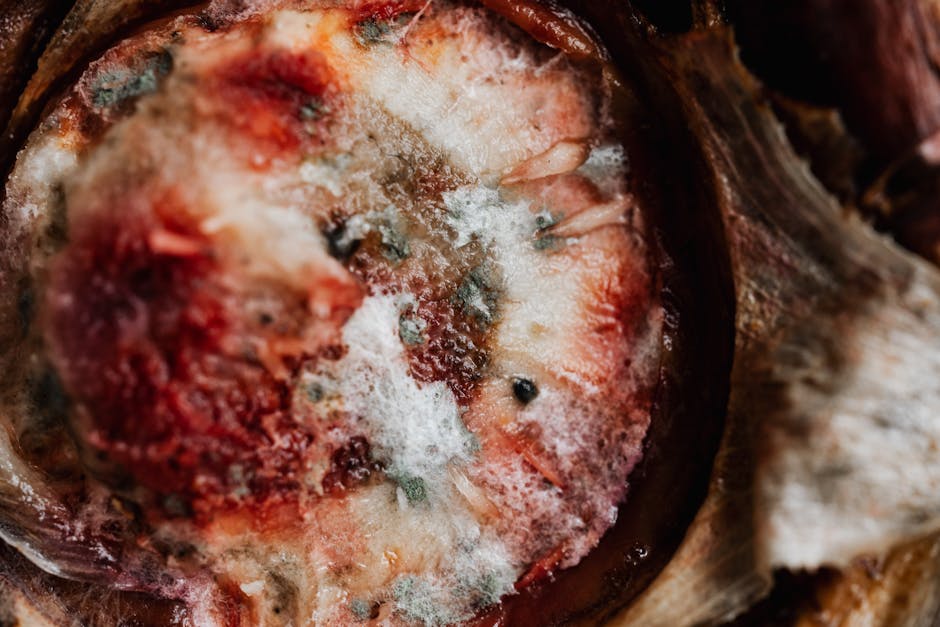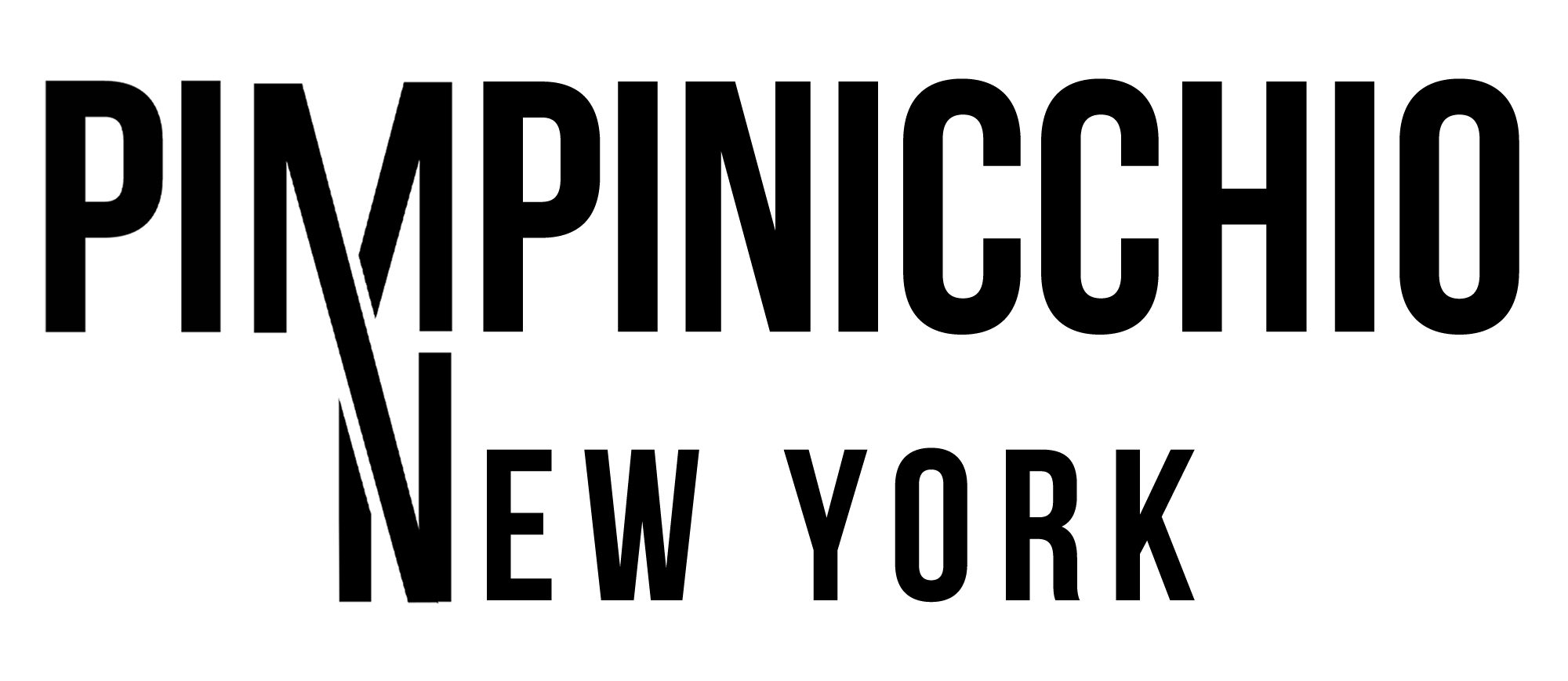In the world of sustainable fashion, pineapple vegan leather has been making waves as a cruelty-free and eco-friendly alternative to traditional leather. But what exactly makes this innovative material so special? Let’s dive into some surprising benefits of pineapple vegan leather that you may not be aware of.
1. The Origins of Pineapple Vegan Leather
The origins of pineapple vegan leather can be traced back to the innovative minds in the sustainable fashion forum. It all started with a quest to find a cruelty-free alternative to traditional leather that would be eco-friendly and stylish at the same time. Through continuous research and development, the idea of using pineapple fibers to create a durable and sustainable leather-like material was born.
One of the key breakthroughs in the creation of pineapple vegan leather was the discovery of a unique process that extracts fibers from pineapple leaves without causing harm to the fruit itself. This process not only ensures the sustainability of the material but also minimizes waste in the pineapple industry, making it a truly eco-conscious choice.
The journey from pineapple waste to high-quality vegan leather is a testament to the ingenuity and creativity present in the sustainable fashion community. By reimagining the way we utilize natural resources, pineapple vegan leather has become a symbol of innovation and sustainability in the fashion industry.
2. How Pineapple Vegan Leather is Made
The process of turning pineapple fibers into luxurious vegan leather involves several intricate steps that showcase the craftsmanship and dedication of sustainable fashion artisans. First, the pineapple leaves are collected and undergo a process of extraction to obtain the fibers needed for the material.
These fibers are then carefully cleaned, processed, and mixed with a bio-based polymer to create a strong and durable composite material that closely mimics the texture and appearance of traditional leather. The attention to detail in each stage of production ensures that pineapple vegan leather meets the highest standards of quality and sustainability.
The result is a versatile material that not only looks and feels luxurious but also aligns with the principles of cruelty-free and eco-conscious fashion. The intricate process of transforming pineapple fibers into elegant vegan leather demonstrates the commitment of sustainable fashion experts to redefine the industry’s standards.
3. Environmental Benefits of Choosing Pineapple Vegan Leather
Opting for pineapple vegan leather over traditional leather offers a host of environmental benefits that contribute to a greener and more sustainable future. One significant advantage is the material’s biodegradability, which ensures that at the end of its lifecycle, it can naturally decompose without leaving harmful residues behind.
Furthermore, the production of pineapple vegan leather requires fewer resources and generates lower carbon emissions compared to conventional leather manufacturing processes. By choosing this eco-friendly alternative, fashion-conscious individuals can reduce their ecological footprint and support more responsible practices within the industry.
The sustainability of pineapple vegan leather extends beyond its production phase; its biodegradable nature means that it has a minimal impact on the environment when disposed of. This holistic approach to sustainability sets pineapple vegan leather apart as a truly eco-conscious choice for environmentally aware consumers.
4. Durability and Longevity of Pineapple Vegan Leather
Despite its plant-based origins, pineapple vegan leather boasts impressive durability and longevity that rival traditional leather goods. The careful crafting process and high-quality materials used in its production result in a material that is not only stylish but also resilient to wear and tear.
Fashion items made from pineapple vegan leather are designed to withstand the test of time, offering consumers long-lasting pieces that do not compromise on style or performance. This exceptional durability makes it a wise investment for those looking for sustainable fashion choices that prioritize longevity and quality.
The combination of strength, durability, and sustainability makes pineapple vegan leather a versatile material that can be fashioned into a wide range of products, from shoes and bags to clothing and accessories. Its ability to retain its aesthetic appeal over time makes it a go-to option for individuals seeking durable yet fashionable items.
Moreover, the longevity of pineapple vegan leather products reduces the need for frequent replacements, thereby decreasing waste and promoting a more sustainable approach to fashion consumption. By investing in durable and long-lasting pieces, consumers can actively contribute to reducing the environmental impact of the fashion industry.
5. Stylish and Fashion-Forward Designs with Pineapple Vegan Leather
Pineapple vegan leather is not only a sustainable choice but also a stylish and fashion-forward one that allows individuals to make a statement with their wardrobe. The versatility of this innovative material enables designers to create chic and trend-setting pieces that cater to the tastes of modern fashion enthusiasts.
From sleek handbags to elegant footwear, pineapple vegan leather offers a myriad of design possibilities that blend aesthetics with ethics. The evolution of pineapple vegan leather into a sought-after fashion staple reflects a growing consumer demand for stylish products that align with their values of sustainability and compassion.
Fashion brands that incorporate pineapple vegan leather into their collections not only showcase their commitment to eco-conscious practices but also set new standards for the industry. The combination of cutting-edge design and sustainable materials positions pineapple vegan leather as a frontrunner in the realm of ethical fashion, paving the way for a more conscious approach to style.
6. Pineapple Vegan Leather Versus Traditional Leather: A Comparison
When comparing pineapple vegan leather to traditional leather, the differences go beyond just the materials used; they encompass a shift in values and sustainability practices within the fashion industry. While traditional leather production involves significant environmental impact and ethical concerns, pineapple vegan leather offers a cruelty-free alternative that prioritizes sustainability.
The water-intensive and chemical-heavy processes associated with traditional leather tanning are replaced with eco-friendly techniques in pineapple vegan leather production, reducing water usage and minimizing pollution. This switch to more sustainable practices highlights the importance of embracing innovative alternatives to address the shortcomings of conventional fashion.
In addition to its positive environmental impact, pineapple vegan leather also stands out for its ethical considerations. By opting for a material that does not involve animal exploitation, consumers contribute to a more compassionate and cruelty-free fashion industry, fostering a culture of respect for all living beings in the production chain.
7. Hypoallergenic Properties of Pineapple Vegan Leather
One of the lesser-known benefits of pineapple vegan leather is its hypoallergenic properties, making it an ideal choice for individuals with sensitive skin or allergies. Unlike traditional leather, which can cause skin irritation in some people, pineapple vegan leather is free from common allergens, offering a skin-friendly alternative for those with specific sensitivities.
The natural fibers present in pineapple vegan leather are gentle on the skin and promote breathability, reducing the risk of allergic reactions or discomfort. This hypoallergenic feature adds another layer of appeal to the material, making it suitable for a wider range of consumers who prioritize both comfort and style in their fashion choices.
8. Eco-Friendly Manufacturing Processes of Pineapple Vegan Leather
The eco-friendly manufacturing processes involved in producing pineapple vegan leather underscore the material’s commitment to sustainability and ethical practices. From resource-efficient cultivation of pineapple plants to low-impact extraction methods, every stage of production is designed to minimize environmental harm and promote responsible manufacturing.
Unlike traditional leather manufacturing, which often involves toxic chemicals and harmful byproducts, pineapple vegan leather production relies on natural and bio-based materials that are safe for both consumers and the planet. This emphasis on environmentally friendly practices sets a new standard for the fashion industry, encouraging a shift towards more conscious and sustainable production methods.
9. The Future of Sustainable Fashion: Embracing Pineapple Vegan Leather
As the demand for sustainable fashion continues to rise, the future of the industry undoubtedly involves embracing innovative materials like pineapple vegan leather. With its myriad benefits ranging from eco-conscious production to stylish design possibilities, pineapple vegan leather represents a harmonious blend of fashion and sustainability that resonates with the values of modern consumers.
By choosing pineapple vegan leather, fashion enthusiasts can actively participate in shaping a more sustainable future for the industry, supporting ethical practices and reducing the environmental footprint of their wardrobe choices. The increasing availability and recognition of pineapple vegan leather signify a positive shift towards a more responsible and environmentally friendly approach to fashion.
In a world where conscious consumerism plays an increasingly pivotal role, pineapple vegan leather stands out as a beacon of hope for a more sustainable and compassionate fashion landscape. Its growing prominence and acceptance within the industry herald a future where style and ethics seamlessly coexist, offering a brighter and more sustainable tomorrow for fashion enthusiasts worldwide.




0 commenti